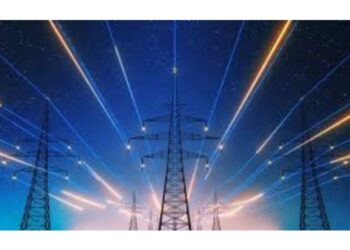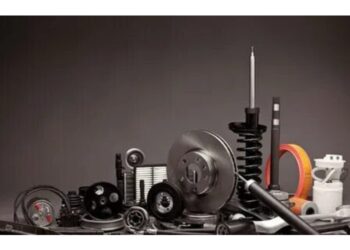India’s agricultural backbone has long relied on diesel-powered machinery to till its fields and harvest its hopes. For decades, diesel tractors symbolised productivity and progress, especially across the vast and varied landscapes where farming remains a way of life. However, as fuel prices rise and environmental concerns deepen, the very machinery that once empowered the Indian farmer is now becoming a financial and ecological burden. The emergence of electric tractors presents a timely and transformative alternative—one that promises not only sustainability but significant economic relief.
The cost of running diesel tractors is steadily eroding the already-thin profit margins of India’s farmers. With prices of diesel fuel reaching historic highs in recent years, farmers are spending lakhs annually just to keep their tractors running. Maintenance further compounds this burden. Diesel engines require frequent servicing, part replacements, and incur downtime that disrupts crucial agricultural cycles. For small and marginal farmers—who make up over 80% of India’s agrarian workforce—these costs are often debilitating.
Electric tractors, on the other hand, are reshaping the conversation around affordability and efficiency in Indian agriculture. With far fewer moving parts and no dependency on fossil fuels, EV tractors drastically reduce running costs. Charging an electric tractor is considerably cheaper than refuelling a diesel one, especially when charging is done during off-peak hours or powered by solar energy—an increasingly accessible resource in rural India. Furthermore, the maintenance needs of electric tractors are minimal. With no oil changes, no gearboxes, and fewer components prone to wear and tear, farmers can save both time and money.
Beyond operational savings, the government has begun to play an encouraging role in this transition. Policies under the FAME-II scheme and various state-level subsidies have made the initial purchase of EV tractors more feasible. In parallel, green financing initiatives are emerging, enabling farmers to access loans and easy monthly instalment schemes where the EMI is often lower than their previous monthly spend on diesel.
The long-term savings are substantial. A farmer who uses a tractor for about 600 hours a year typically spends around ₹2 lakh annually on diesel and maintenance. With an electric tractor, these costs can drop to under ₹50,000. Over a five-year period, that equates to savings of more than ₹7.5 lakh—enough to reinvest in better irrigation, improved seeds, or even education for the next generation.
While the economic case is compelling, the environmental and health benefits add further weight to the argument. Diesel tractors are major contributors to air pollution, releasing fine particulate matter and greenhouse gases into the atmosphere. In contrast, electric tractors offer a zero-emission solution that not only supports India’s climate goals but also ensures cleaner air in rural communities—reducing respiratory issues and improving overall quality of life.
Admittedly, the road to widespread adoption is not without obstacles. Charging infrastructure in rural areas is still developing, and battery replacement costs remain a concern. Yet innovation is catching up. Companies are investing in swappable battery technology, solar-powered charging stations, and longer-lasting batteries—all tailored to the unique needs of Indian agriculture. The involvement of startups and legacy manufacturers alike signals that this transition is not a distant dream but a rapidly approaching reality.
In many ways, the shift from diesel to electric represents more than a change in machinery—it marks a shift in mindset. It’s about empowering farmers with tools that are not only efficient but economically and environmentally sound. If the right policy support, financial access, and awareness-building efforts continue, the electric tractor could become a symbol of the next agricultural revolution in India—one powered not by fossil fuels, but by foresight.













